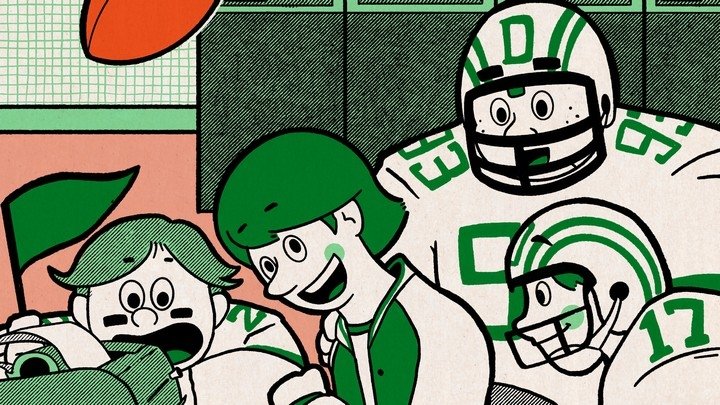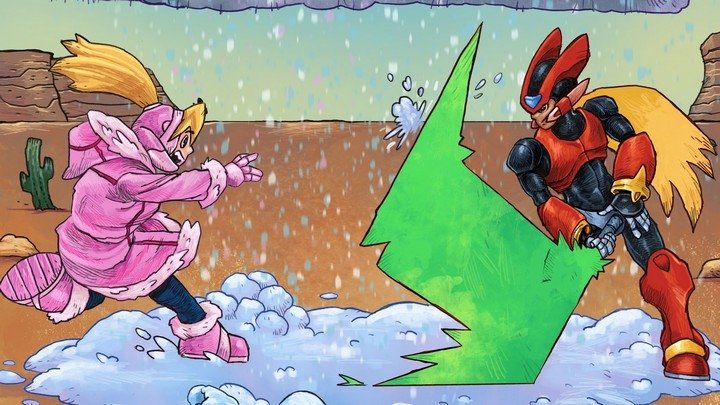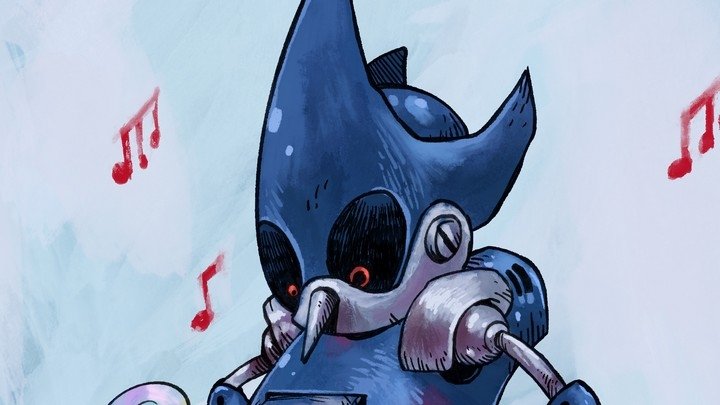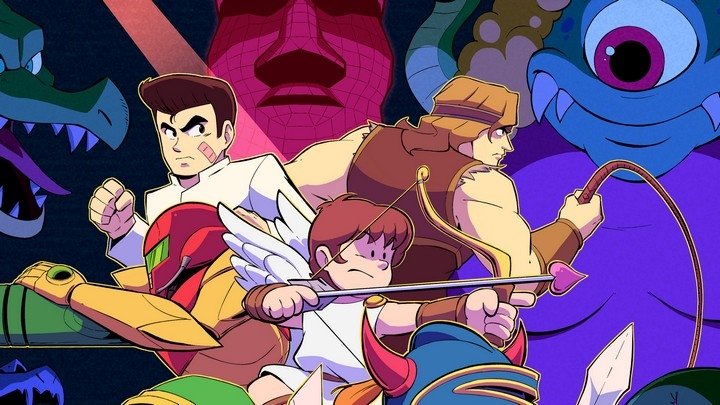Thimbleweed Park's modernizations make for an extremely digestible adventure game
A thoughtful hint system makes this LucasArts throwback highly approachable.
One of the things that always irks me when people talk about adventure games is the commonly-held belief that all of them are poorly-designed, adversarial nightmares that follow impossible logic. That's not true at all—only most of them are. Really, the biggest problem with playing adventure games in a modern setting can be found in the patience they demand that's hard to come by in 2017. When I play any other type of game, I'm usually doing at least two other things at the same time: refreshing Twitter, listening to a podcast, or checking one of my 19 inboxes across several social media networks.
Playing an adventure game requires you to lock your full attention onto it alone, and ones designed before our Age of Distraction were intended to be experiences you sat with for weeks or months, trying every possible solution until you found the right one. Let's say you're stuck in an adventure game in 1986—what are you going to do, turn it off and watch TV? I've got some bad news: there's only three channels, and they all suck.
This minor dilemma prevented me from playing Thimbleweed Park (now available on the Nintendo Switch) for a handful of months after I downloaded it on Steam. Of course, it was bound to be a well-designed game, given the creative talent behind it (former LucasFilm game designers Ron Gilbert, Gary Winnick, and David Fox), but I felt some anxiety over the possibility of getting stuck on a puzzle, putting the game aside with the intent of going back to it, and then never doing that. Yes, FAQs exist, but few things feel less rewarding than solving an adventure game puzzle with someone else's prescribed instructions.
After playing through Thimbleweed Park, I'm happy to say I found the puzzles pretty fair. I'd only mark one as a little iffy for not communicating some necessary information to the player, but it stood as a minor roadblock at best. That's not to say I didn't get stuck a handful of times, though. Thimbleweed Park is a fairly huge adventure game (around 12-15 hours), with five playable characters (each with their own objectives), many NPCs, and lots of locations. Frankly, that's too much for one brain to keep track of.
Thankfully, Thimbleweed Park makes some choices that create a player-friendly atmosphere which doesn't talk down to the player. For starters, each playable character carries a to-do list, so you don't have to memorize all of their objectives. Thimbleweed operates a bit like Maniac Mansion in that you swap between different characters and often need them to work in tandem so solve certain puzzles, but starts off with a much smaller scope. Rather than let you control all of them right off the bat, Thimbleweed starts off with just two playable characters, and as the other three are introduced, you play a sort of "bottle episode" with them to learn about their personality, backstory, and skills before they're released into the world at large.
Thimbleweed's hint system, though, stands out as one of its smartest elements. At any point, you can call a hint line on one of the game world's many phones, and receive some gentle nudges in the right direction. And the best part of this system is you're not given the answer right away—you have to dig pretty deep before the game explicitly tells you what to do. Each progressive hint reveals a little more about what's going on, so you can safely listen to the first two or three without feeling like you're cheating. The few times I used this hint line came when I simply forgot an NPC I had talked to early in the game served a specific function, or when a specific location I visited hours ago faded from my memory. Just a little push from the hint system sent me on my way without having to re-visit every location, scouring for the one thing or person I needed to check out in order to move on.
This hint system also does the player a huge favor by letting them know which puzzles can't be currently solved. If you can't ask about a specific puzzle, that means you aren't able to solve it yet. And if you haven't opened up a location necessary to solve a puzzle, the hint system will tell you just that. As someone who has a habit of trying to solve adventure game puzzles without knowing that they haven't fully introduced themselves yet, this feature likely saved me hours.
As for the game itself, it's fantastic—apologies for focusing on just one element of Thimbleweed Park for this piece. And it's not just for adventure game nostalgia-heads; the hint system makes it extremely approachable for veterans and newcomers alike. I've had a few weeks to sit with my feelings about Thimbleweed Park, and I think it's safe to say this could be the best-designed point-and-click adventure game I've ever played. Ron Gilbert especially knows what irks players—games like Monkey Island and Maniac Mansion were reactions to the ruthless and punishing nature of Sierra's adventure games—and Thimbleweed Park feels like the ultimate expression of his design philsophy. Definitely give it a try if you have the time; now that it's available on pretty much everything, you really have no excuse.




